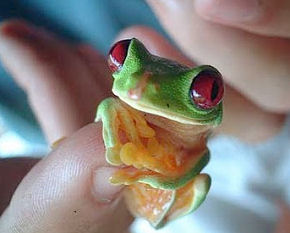
Previous research into dwarfism in soil dwelling organisms found that the ancient relatives of modern dung beetles and earthworms were reduced in size by as much as 50 percent during the Earth’s last warming period. Now, a new study in the journal The American Naturalist explains how a warming climate could dramatically shrink nearly all cold-blooded creatures and cause massive disruption in the planet’s food webs.
The study authors, from Queen Mary, University of London, explain that almost all cold-blooded organisms are affected by the “temperature-size rule,” which describes how individuals of the same species reach a smaller adult size when reared at warmer temperatures. Until now, however, it was not fully understood how this unusual shrinking effect took place.
The new work was carried out using data on marine planktonic copepods. These tiny crustaceans are the main animal plankton in the world’s oceans and are important grazers of smaller plankton and a food source for larger fish, birds and marine mammals.
“We’ve shown that growth and development increase at different rates as temperatures warm. The consequences are that at warmer temperatures a species grows faster but matures even faster still, resulting in them achieving a smaller adult size,” explained Hirst.
The team’s findings suggest that rates fundamental to all organisms (such as mortality, reproduction and feeding), may not change in synch with one another in a warming world. This could have profound implications for understanding how organisms work, and impact on entire food webs and the world’s ecosystems. “Decoupling of these rates could have important consequences for individual species and ecosystems,” Hirst and his co-researchers warn.
Related:
“Profound” plant water cycle changes add new wildcard to climate change guesstimates
CO2 “inertia” makes significant climatic disruption inevitable
Study finds alarming changes in rainfall patterns
Going Gaga Over Gaia


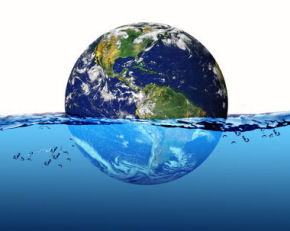
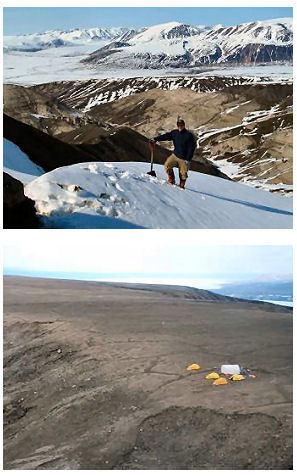
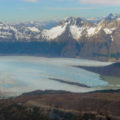

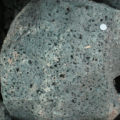

Comments are closed.